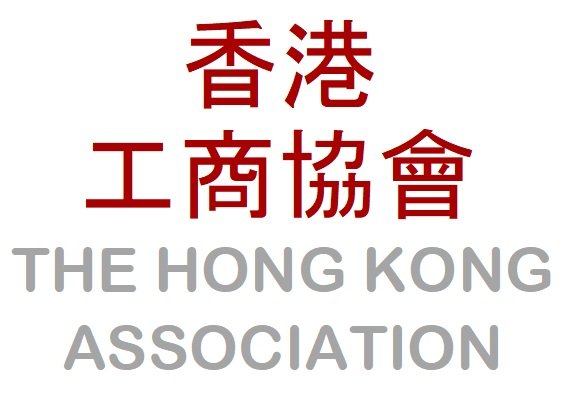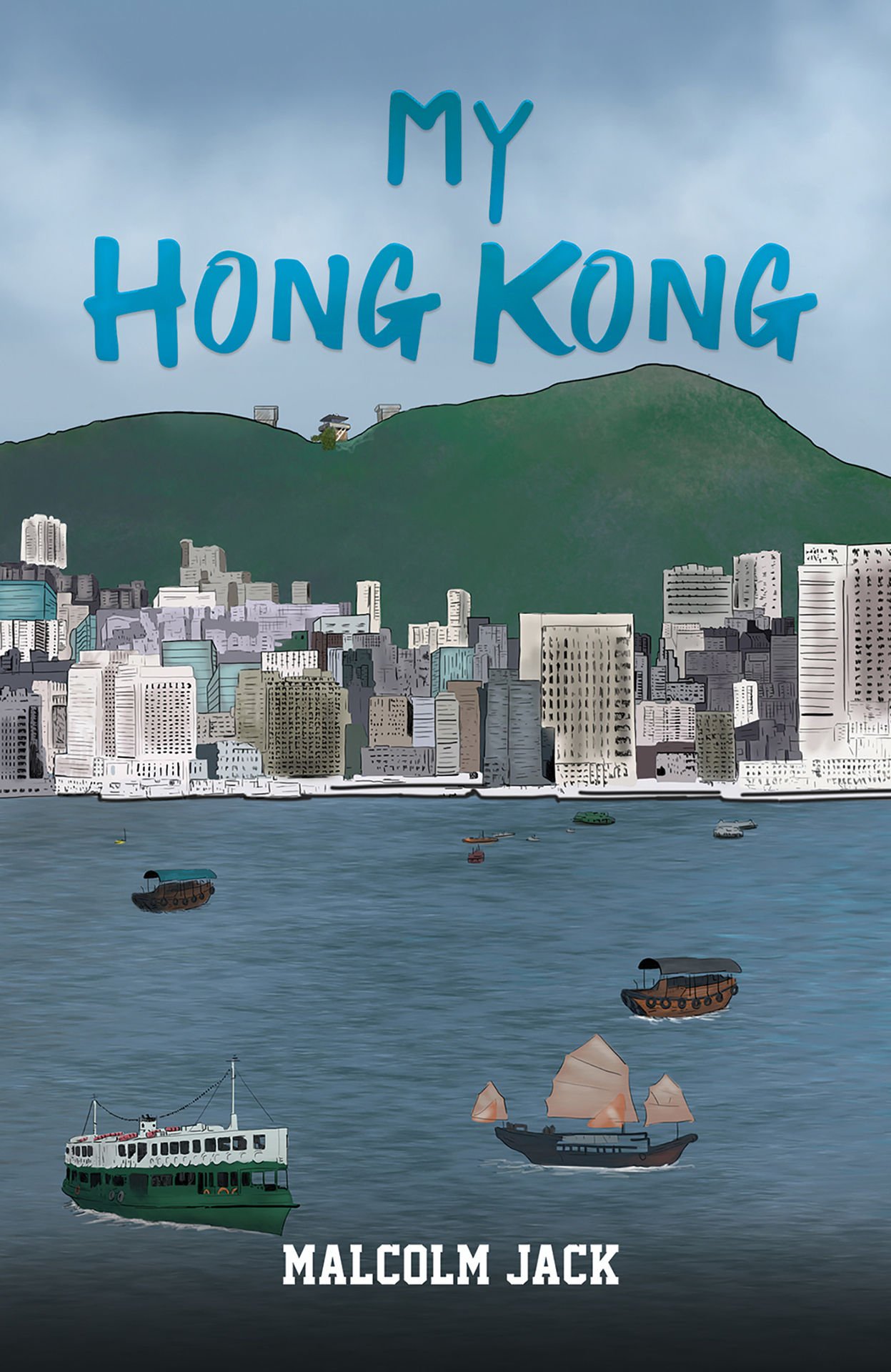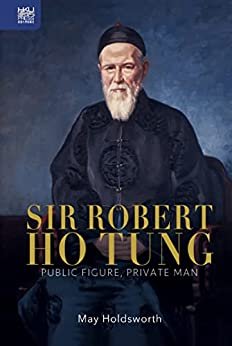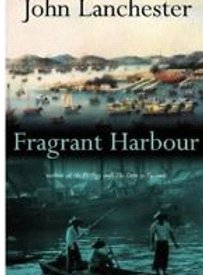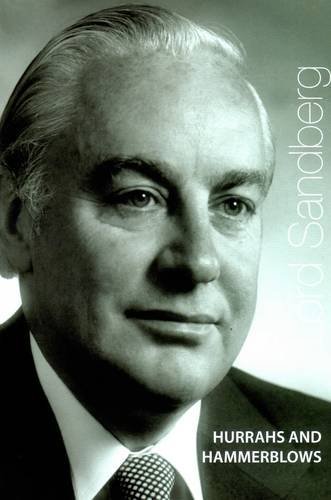Library
On this page are a selection of books with Hong Kong connections. If you have any suggestions for other books which should feature on this page please contact communications@hkas.org.uk.
These books are available for purchase from most bookshops and online.
“Shoot, Ask ... and Run!” The advice given to aspiring British photographer Chris Stowers, at the start of his travels, has never seemed so valuable. Buffeted by tempestuous forces of both personal and international affairs, he flees from the Jakarta mafia through the jungles of Borneo, is tear-gassed by riot police in Manila, and crosses an imploding Soviet Union by train, only to be abducted by a group of heavily-armed Serb militia.
Augustus John Polly is a restless academic, uncomfortable in the colonial environment of 1950s Hong Kong. Prompted by sexual fantasies, he is drawn into a conspiracy that unfolds disastrously.
A young man in his early twenties has two basic needs: mates and respect. And a third of course. That's a given and it was there for the taking in Shanghai in the year 2000, a greed-crazed free-for-all in a moral and lawless vacuum created by the Chinese Communist Party.
Johnny Trent, small-time entrepreneur from Basildon in the UK, has neither mates nor respect. That's why he went to China, where he meets Felix Fawcett-Smith, fresh off the boat and from the other side of the tracks. An unlikely friendship begins.
Essentially a compendium of separate, true-life events, this book is centered around the life and times of the author and his forays from his native UK into foreign lands. It begins in the South Americas, graduates to a full career in Hong Kong, with the police, and culminates in the first international gathering of the author's clan. Stuart McDouall weaves an unusual tale of his involvement, either in person or as a bystander, in many arenas.
A vivid history of the relationship between Britain and China, from 1600 to the present.
The relationship between Britain and China has shaped the modern world. Chinese art, philosophy and science have had a profound effect upon British culture, while the long history of British exploitation is still bitterly remembered in China today. But how has their interaction changed over time?
A vivid history of the relationship between Britain and China, from 1600 to the present.
The relationship between Britain and China has shaped the modern world. Chinese art, philosophy and science have had a profound effect upon British culture, while the long history of British exploitation is still bitterly remembered in China today. But how has their interaction changed over time?
A vivid history of the relationship between Britain and China, from 1600 to the present.
The relationship between Britain and China has shaped the modern world. Chinese art, philosophy and science have had a profound effect upon British culture, while the long history of British exploitation is still bitterly remembered in China today. But how has their interaction changed over time?
Stefan Irvine's photobook, “Abandoned Villages of Hong Kong”, is an invitation to explore the forgotten corners of this vibrant city, and to discover the haunting beauty that lies hidden within its parks and islands.
Mayhem and mirth in the daily running of a pool hall, the trials of a police team targeting brothels, plus adventures with triads, murderers and rioters…
Ian Gill's first visit to Hong Kong takes an unexpected turn when he meets his Chinese mother Billie's friends, colleagues and fellow ex-prisoners of war, lifting the veil on a tumultuous past in Shanghai and Hong Kong.
This book tells the real-life story of Nigel’s parents’ war, set against the horrors of the infamous Burma Railway, told through the pages of his father’s secret diary, which, as a prisoner of war, he had to keep hidden from his Japanese captors.
Kwan Lai-chun was sick of being made to feel second-class by her husband's concubine; sick of her mother-in-law's endless carping about the money she spent; sick of the whole family really. Late one sticky, humid night something snapped in her - and she grabbed the meat chopper. Within minutes, three people were dead: the concubine with over 70 gashes, many of them to the bone.
How was Hong Kong perceived and described by writers from the 1950s during the last colonial period? Was it a British city or was it Chinese? The writers show how different life was for ex-pats ensconced on the Peak and leading a glitzy lifestyle compared to refugees who came pouring into the colony from mainland China and lived in dire poverty in squatter camps. Find out if that East and West ever mingled in My Hong Kong.
A nuanced perspective on Sir Robert Ho Tung, Hong Kong philanthropist.
Sir Robert Ho Tung (1862-1954) is a compelling figure in Hong Kong history. He is regularly portrayed as the colony's greatest philanthropist and wealthiest man of his day, the first Chinese to live on the Peak, and, at the end of his life, the "Grand Old Man of Hong Kong."
Hong Kong has always been many cities to many people: a seaport, a gateway to an empire, a place where fortunes can be dramatically made or lost, a place to disappear and reinvent oneself, and a mixing pot of diverse populations from literally everywhere around the globe.
We had no jurisdiction outside of Hong Kong waters. But we could see their vessels sinking in heavy seas. It was life or death, right there. We just went. Former Marine Police officer Les Bird tells of the harrowing sea journey to Hong Kong made by tens of thousands of refugees in the years that followed the end of the Vietnam War.
Sex, drugs, gambling, ghosts, drinking, rugby, overseas adventures and even some police work. Hong Kong on the edge of empire was a place teeming with triads, smugglers, Chinese immigrants and Vietnamese refugees. Simon’s memoir of his time in the Hong Kong police force from the 1970s until after the 1997 handover is a fast-paced tale of his exploits.
1967: Hong Kong is under the threat of Chairman Mao’s Red Guards rampaging across mainland China; thousands are fleeing to the British colony. The police face riots and bombs. Dozens are dying. All are living in uncertainty over the colony’s future - whether invasion by China or capitulation by Whitehall.
“I can’t visualise us getting out of this, but I want to TRY to believe in a future,” wrote 23-year-old Barbara Anslow (then Redwood) in her diary on 8th December 1941, a few hours after Japan first attacked Hong Kong.
Barbara’s 1941-1945 diaries (with post-war explanations where necessary) are an invaluable source of information on the civilian experience in British Hong Kong during the second world war.
Author John D’Eathe is a product of the golden years of amateur rugby. He has seen the game transform from elitist and non-inclusive into the brilliant, open Sunshine Rugby of today.
He met Tokkie Smith in 1959 in exotic Hong Kong and joined him for a decade in the waning days of the Empire and of Colonial rugby.
A multi-textured and revealing survey of the world’s largest country, as seen through one woman’s eyes, The Colour of the Sky After Rain offers a compelling portrait of China in an age of radical change, and charts the key staging posts in its recent, remarkable history.
It is 1814 and the Bengal Army of the Honourable East India Company is at war with a marauding Nepal. It is here that the British first encounter the martial spirit of an indomitable foe the Gurkha hillman from that mountainous independent land.
Seen through the prism of his own Regiment and service, General Duffell vividly recounts some of the history, character and spirit of these loyal and dedicated soldiers as well as his personal experience of campaigning with them.
Scandal and corruption, drugs and pirates, triads and flower boats; the Japanese occupation of Hong Kong and the Communist takeover of Canton. Peter Hui was there. He knew everybody and saw everything. This is the real story of Hong Kong, told with the rich flavours of the street.
In East and West, Patten gives us an intimate portrait of the real Asia, in all its diversity, and makes a vital argument for the common interest of Eastern and Western powers.
The complacency of colonial life in the 1930s; the horrors of the Japanese occupation during the Second World War; the post-war boom and the handover of the city to the Chinese – all these are present in Fragrant Harbour, an epic novel of one of the world’s great cities.
Martin Booth died in February 2004, shortly after finishing the book that would be his epitaph – this wonderfully remembered, beautifully told memoir of a childhood lived to the full in a far-flung outpost of the British Empire…
Canton Elegy is a love story, an adventure, and an intimate portrait of one family’s struggle to survive. Stephen Jin-Nom Lee, his beautiful wife, Belle, and their four young children, braved famine, flood, corruption, and the devastation of war, on their journey to America.
On 25 December 1941, the day of Hong Kong’s surrender to the Japanese, Admiral Chan Chak – the Chinese Government’s chief agent in Hong Kong – and more than 60 Chinese, British and Danish intelligence, naval and marine personnel made a dramatic escape from the invading army.
Patricia Whetnall is the editor and distributor and formerly the PA of Lord Sandberg. Direct enquiries can be made by emailing Patricia at patriciawhetnall@btconnect.com.
The author of ‘Matilda’, the history, published in the 1980s, of the Matilda Hospital in Hong Kong, and of Matilda Sharp to whom the hospital was dedicated, Joyce Stevens Smith was a sister in the hospital for many years. She has now written a fascinating book which focuses more on the lives of Matilda and Granville Sharp.
